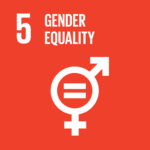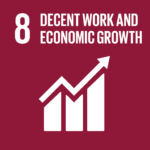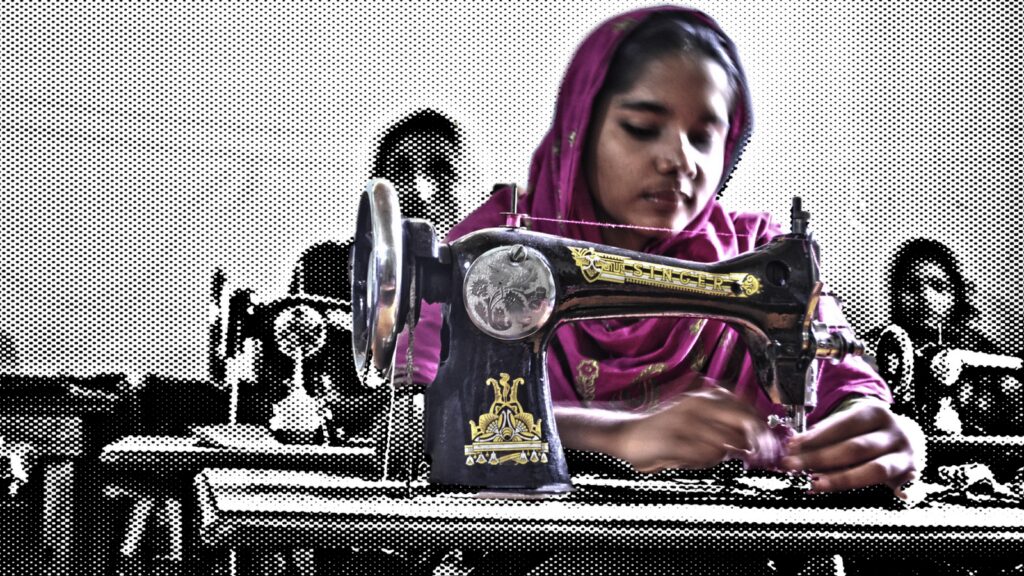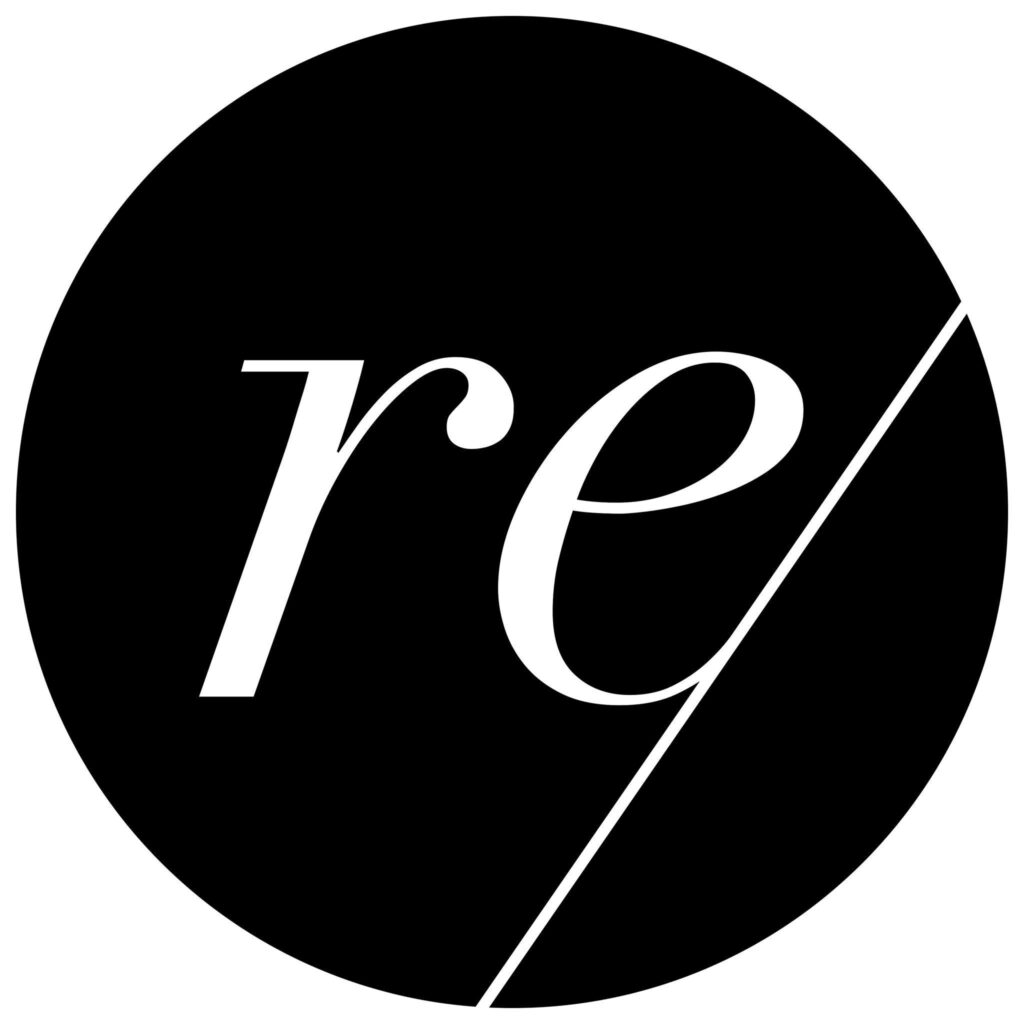The accord, put in place after the 2013 Rana Plaza disaster, could expire despite evidence that it protects worker safety. Many fashion brands have yet to sign the new Bangladesh Accord.
RELEVANT SUSTAINABLE GOALS


THE BANGLADESH ACCORD ON FIRE AND BUILDING SAFETY EXPIRING
The easiest way is to publicly tag brands that HAVE NOT yet committed to the Accord’s extension and expansion on social media with any of the following sample copy (or craft your own!):
- @tommyhilfiger Garment makers shouldn’t die making our clothes. #ProtectProgress #SigntheAccord
- @Zara 1,132 garment makers died at Rana Plaza. How many more have to lose their lives before you #SigntheAccord
- @H&M #RanaPlazaNeverAgain
ABOUT REMAKE :
Labeled as the Peace Corps of fashion, Remake is an advocacy organization focused on making fashion a force for good. With first hand documentary shorts and photo rich stories, we make the invisible women who make our clothes visible. Our facts and stories help our community break up with fast fashion while our curated Sustainable Brands List inspires consumers to buy better, remaking their closets with fashion that respects people and the planet. Since Remake’s beginning, we’ve been urging people to think about those who make our clothes with our #WearYourValues campaign.



